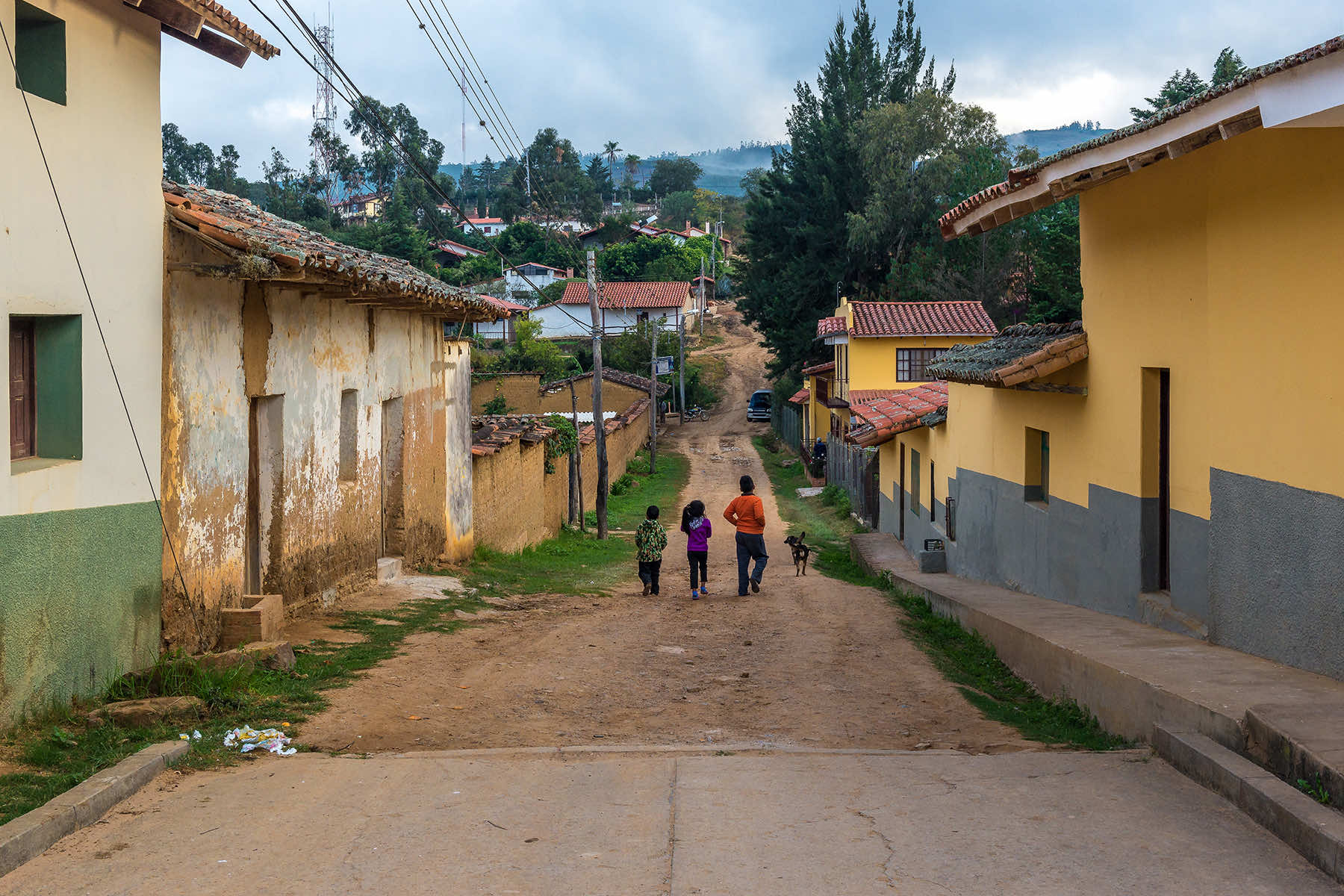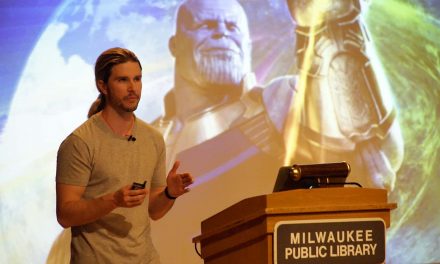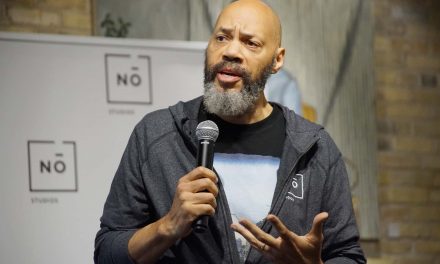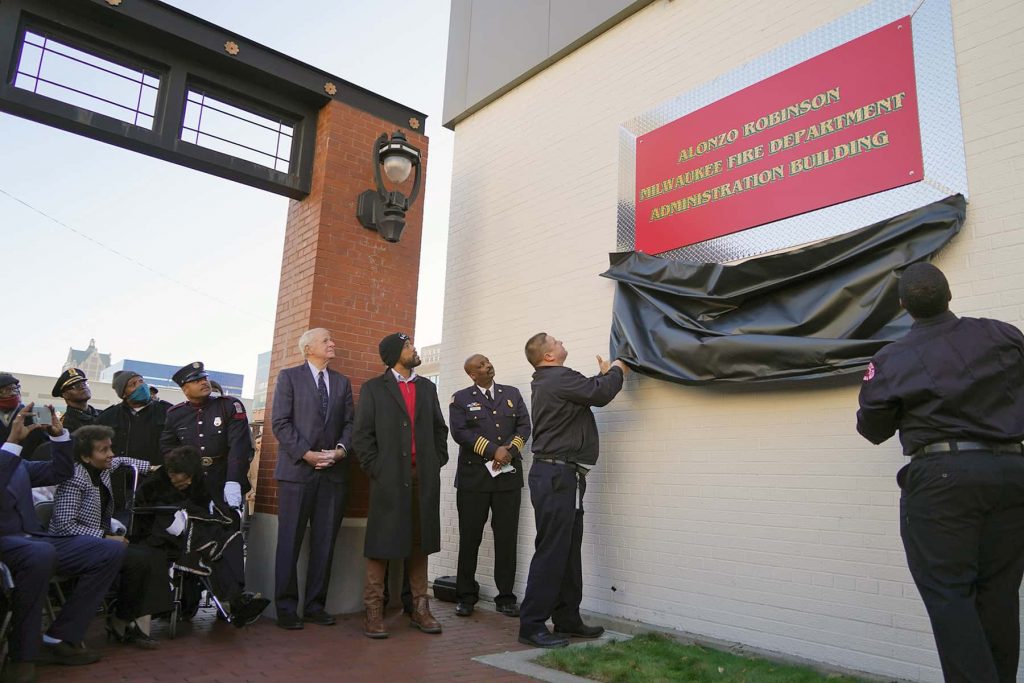
“Compassion hurts. When you feel connected to everything, you also feel responsible for everything. And you cannot turn away. Your destiny is bound with the destinies of others. You must either learn to carry the Universe or be crushed by it. You must grow strong enough to love the world, yet empty enough to sit down at the same table with its worst horrors.” – Andrew Boyd
Twenty years ago, I was living in Bolivia and working with boys and young men that were living in the streets. I spent my days navigating the hot streets and markets, dark undersides of bridges, and police precincts to meet with the boys, young men and women that called them home. I would then drag myself back to Mi Rancho, where I lived and worked, to support the boys that called Mi Rancho home with their homework, chores, and relationships.
Each day was a series of emotional ups-and-downs that often ricocheted between terrible tragedies and gratifying successes. There were many days when I would tend to a young child’s open wound just hours before teaching another how to complete a math equation or tie his shoes.
On other occasions, I had to step between a group of young kids and police officers that were suddenly escalating with pepper spray, and then calm a boy in the middle of the night after a vivid nightmare. On the most difficult days, I buried a toddler or young man who died from tuberculosis just hours before carrying a six-year-old on my back after a long day of activities to put him to bed.
Each day was deeply gratifying as it was full of purpose. What I did not yet realize was how deeply traumatizing it could be at the same time.
One evening after a very intense, yet normal day, the Mi Rancho directors came to my door and asked to sit on my porch with me for our ritual end-of-a-long-day yerba mate. In an otherwise routine conversation about the week, Goyo and Rosa suddenly softened their tone and gaze before asking me, “Are you planning on leaving Mi Rancho soon?”
The question nearly floored me. The idea of leaving had never crossed my mind, especially so soon as I had only been there for six months. I asked them why the idea had crossed their mind. They proceeded to take turns listing off reasons.
“You have lost a lot of weight.” They were not wrong as I suddenly weighed 150 pounds, troubling for somebody who measures 6’2”.
“The joy and light in your eyes from your first months here are gone.”
“You seem exhausted, but never sleep.”
“You have experienced many tragedies recently, and yet you don’t talk to anyone about your feelings or how they affected you.”
THE WEIGHT OF COMPASSION FATIGUE AND VICARIOUS TRAUMA
At the time, Goyo, Rosa, nor I had the words for what I was experiencing, but I would soon learn that the emotional weight I was carrying from having lived through so much tragedy and heartache was called compassion fatigue and, in other instances, vicarious trauma.
According to the National Child Traumatic Stress Network, compassion fatigue occurs when an individual experiences at least one indirect exposure to trauma that manifests in Post-Traumatic Stress Disorder symptoms such as emotional distress, physical reactivity, and even flashbacks.
Vicarious trauma refers to changes in the inner experience of the individual resulting from empathic engagement with someone who has experienced trauma. It is best identified by noticeable cognitive changes and disturbances in the individual, particularly in the areas of trust, safety, and intimacy.
Not surprisingly, when professionals experience intense or chronic compassion fatigue or vicarious trauma, they become more susceptible to burnout.
Burnout often manifests through emotional exhaustion, avoidance, and loss of purpose and sense of accomplishment.
The children and families that we serve in Wisconsin’s child welfare and maltreatment prevention programs are best supported when our workforce has the support, positive relationships, and stability that I had at Mi Rancho.
A well-supported, stable, and diverse family preservation workforce ensures continuity of care, fosters expertise, and enhances representation and trust. These factors contribute to the effectiveness and impact of programs that support families overloaded by stress.
The current design of our child welfare system that too often creates adversarial and mistrustful relationships between the workers and families due to the impacts of mandated reporting, strict timelines, and a funding model that prioritizes foster care has led to an overload of stress and burnout for our workforce that wants to support and empower children and families.
In our child welfare system, worker turnover is costly to families and is linked to a reduction in the percentage of children who are reunified with their families or who experience placement stability with a reliable foster family. Currently, the median child welfare caseworker stays on the job for less than two years.
This results in poorer outcomes for children and families due to loss of historical knowledge and delays, impeding relationships between workers and families, and often leading to children remaining under an agency’s jurisdiction.
The national average turnover rate for child welfare workers is approximately 30%, with some agency rates as high as 65%. High stress and trauma from the work, with a minimal ability for self-care, unmanageable caseloads, and a lack of supervisory support are the biggest contributors to staff turnover.
Home-visiting workforce turnover and attrition rates are also high, with similar shared challenges contributing to separations. Faced with a shortage of resources and nearly one out of every three workers leaving to take jobs with increased compensation, home-visiting programs will continue to struggle with recruitment and retention.
Additionally, as mental health needs increase in this country, there is only one mental health provider for every 350 individuals in need of mental health services. In Wisconsin, the need is even greater with only one provider for every 440 individuals in need of mental health services.
When we consider the overload of stress on families and the many barriers to access, the shortage of mental health care providers not only creates greater burden on the families, but also on the mental health providers who are taking on more clients and, consequently, vicarious trauma than they can realistically manage.
And yet, due to growing income inequality, compounding social challenges, and an aging population, employment of social workers is expected to grow 9% from 2021 to 2031, faster than the average for all other occupations.
The challenge we face is complex.
On the one hand, we need to address the underlying systemic root causes of these challenges so that less children and families need supportive services. On the other, we need to better support our current workforce while also expanding the diversity of that workforce.
THE TRUST AND SOCIAL CAPITAL OF LIVED EXPERIENCE
While reflecting with Goyo and Rosa on my first six months, we talked about how hard it was at times to connect authentically and to fully understand the boys that I was meeting in the streets and nurturing in Mi Rancho. I was not naïve to the fact that my privileged life and ethnicity, one that looked very different from theirs, would make trust and credibility an order at least as tall as they saw me.
However, it was in that reflection that I came to appreciate how the shared lived experience that some of my Bolivian colleagues had with the boys allowed them not only to form connections more quickly, but also to navigate some of the challenges that they faced without having to force the boys to relive them.
While I lived many experiences alongside the boys, I could never fully understand their experience. On one occasion, I sat with the boys on a grassy median, ironically in front of the government building responsible for child welfare. According to increasingly agitated police officers, we were acting illegally by sitting where we were.
The police escalated as they felt we were not following their orders quickly enough, and they began swinging their batons, then spraying pepper spray at the boys while seemingly attempting to miss me.
Even as I walked in their shoes, I was treated differently than them. I could never fully experience what they experienced. I could never feel the pain of the injustice because it was never leveled on me the way it was on them simply because of the color of my skin and passport. While I struggled for air as they did due to the direct impacts of the pepper spray, I could not feel the emotional pain of having been unfairly and viciously attacked directly by a group of people that should have been protecting us.
My Bolivian colleagues, on the other hand, shared the lived experience of the boys. They understood one another from a cultural and linguistic perspective that created a sense of trust, credibility, and safety. In some cases, my Bolivian colleagues had lived on the streets as children, so they could speak what was often unspeakable with the boys that made them feel more fully seen.
DIVERSITY, REPRESENTATION, AND LIVED EXPERIENCE IN THE WORKFORCE OF THE FUTURE
Diversifying our present workforce and elevating and recognizing the contribution of families and staff with lived experience in both prevention services and the child welfare system is essential for change moving forward. Our current social services workforce still lacks representation from the populations it serves. Nearly two of every three social workers is White while Black and Native American children and families are disproportionally represented in our child welfare system and impacted by poverty.
The use of peer support or paraprofessionals in the workforce could ease struggles around workforce recruitment and make services more accessible. It also offers potential solutions to a workforce lacking in diversity, language skills, and cultural understanding of the children and families it serves. Concurrently, by valuing and developing a career pathway for those with lived experience, use of a peer support model also functions as an economic stability intervention.
Paraprofessionals possess experiential knowledge that injects a sense of connectivity and specificity into the intervention, attributes that are often absent in the professional workforce. With over 40% of paraprofessionals identifying as nonwhite, they bring essential racial and ethnic diversity to the field. This diversity enhances the workforce’s ability to implement interventions that are culturally and contextually appropriate, thereby bridging gaps in person-centered service delivery to the families they serve.
Paraprofessionals as peer support are informed and empathetic, and uniquely positioned to form meaningful connections and foster supportive environments that can improve outcomes for overloaded families.
By providing essential services in Milwaukee, at a lower cost and in greater numbers, paraprofessionals fill workforce gaps, strengthen community connections, and enhance sustainability of interventions in underserved service areas.
By prioritizing evidence-based interventions suitable for paraprofessionals, offering technical assistance, and providing training for adapting these interventions for paraprofessional delivery, we can, at a minimum, increase opportunities for peer support, shorten waitlists and increase the timeliness of substance abuse and mental health treatment, and reduce workforce shortages.
Innovation plays a pivotal role in shaping Wisconsin’s future workforce, yielding stability as it brings forth fresh perspectives and diverse experiences to empower, equip, and support our families and those serving them. By including individuals with lived experience and providing ample support to our diverse staff, we can build a resilient and adaptable workforce today that is ready to tackle the challenges of tomorrow.
Overloaded: Understanding Neglect is a Milwaukee-based podcast series that aspires to build a shared understanding of neglect, its underlying root causes, and how they overload families with stress.
In this episode, Tim Grove of Wellpoint Care Network joins Luke Waldo to share his expertise and understanding of the impacts of trauma and moral injury within the child welfare system, and workforce culture through Diversity, Equity, and Inclusion and trauma-informed care frameworks.
Luke Waldo
Noradoa, Alexandre Laprise, Renata Tizzo, and Posztos (via Shutterstock)
Overloaded: Understanding Neglect is a Milwaukee-based podcast series that aspires to build a shared understanding of neglect, its underlying root causes, and how they overload families with stress.


















